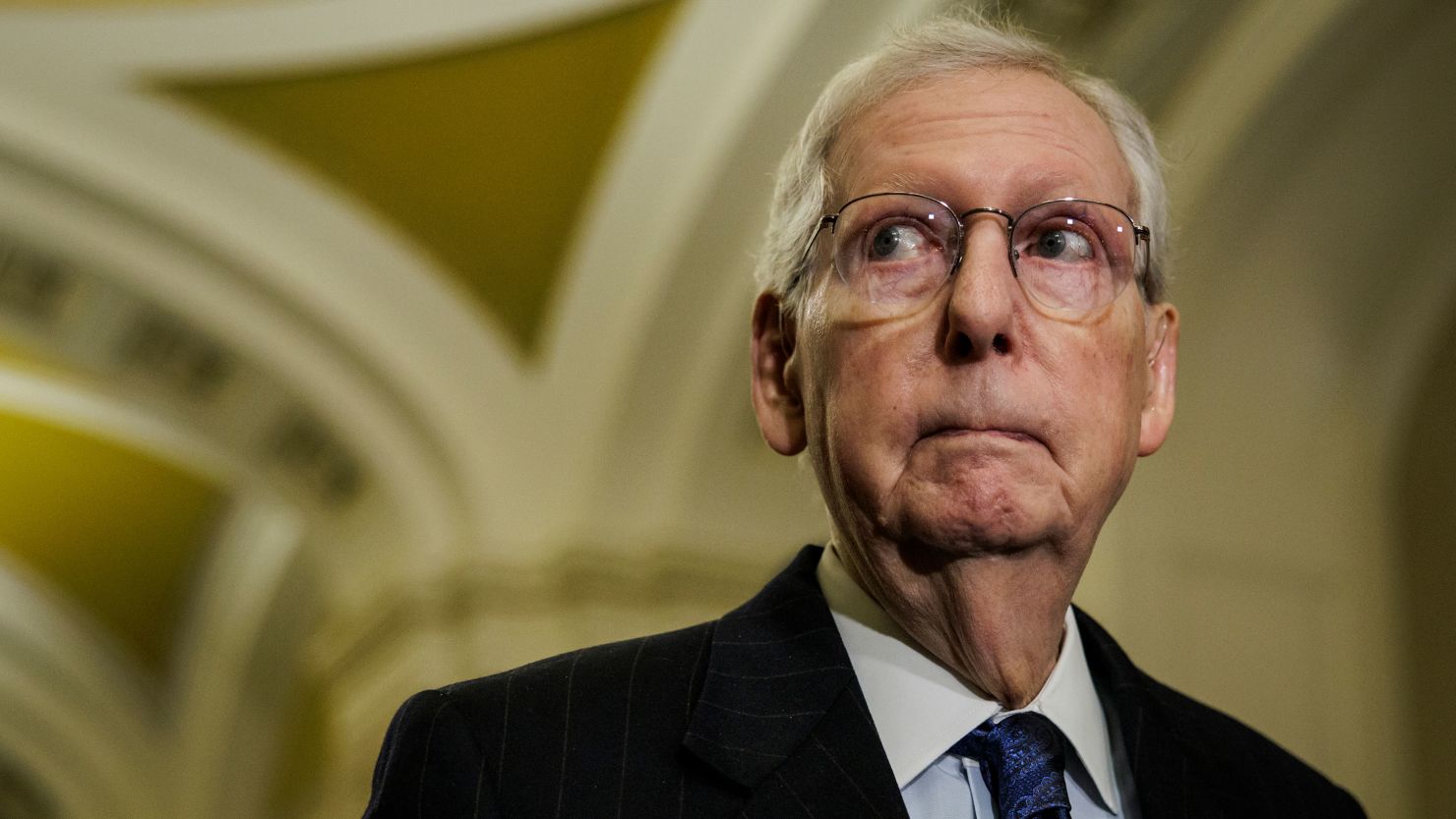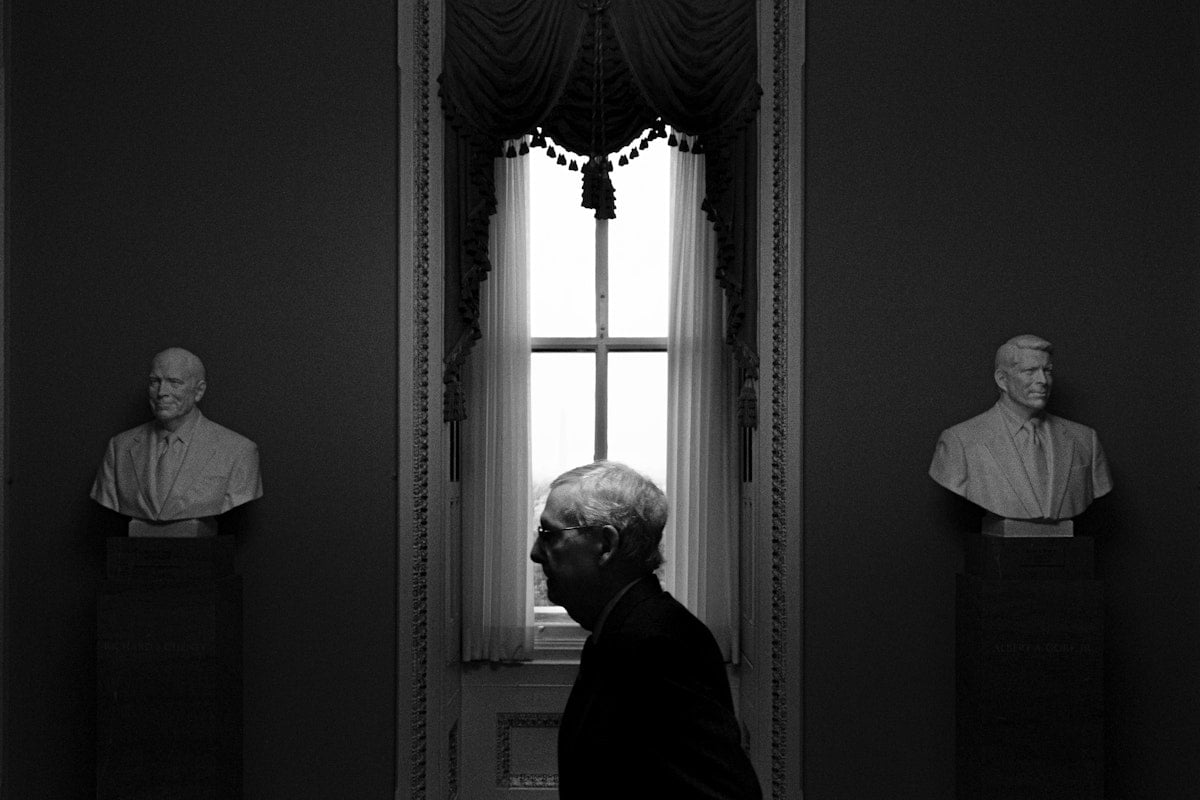Eight years ago, Senate Majority Leader Mitch McConnell wielded his authority to halt consideration of President Barack Obama’s Supreme Court nominee for nine months.
This move paved the way for President Donald Trump to nominate and confirm three conservative justices, reshaping the Supreme Court’s composition for years to come. At that time, McConnell’s staunch opposition to Democratic priorities earned him the moniker “Grim Reaper” among his peers.
However, McConnell’s recent announcement of his impending resignation from his leadership role in November was met with mixed reactions within his own party. Some far-right GOP members cheered his decision, expressing both enthusiasm for his departure and disdain for his leadership.
The aggressive tactics McConnell championed, which once secured significant legislative victories for the Republican Party, now seem to be slipping out of his control. Consequently, McConnell finds himself at odds with a party that has evolved beyond his influence.
In his resignation speech, McConnell acknowledged his understanding of the current political landscape within his party. He admitted to his share of faults but emphasized the importance of recognizing when it’s time to transition to a new phase in life.

Mitch McConnell (Credits: CNN)
Throughout his tenure, McConnell’s mastery of political strategy has been evident. He played a pivotal role in shaping the contemporary Senate landscape, particularly in normalizing the use of minority power to influence legislative outcomes. His legacy includes popularizing the practice of filibustering, which empowered the minority party to control the Senate floor’s agenda.
McConnell’s strategic maneuvers, such as keeping the Supreme Court vacancy open during the 2016 election, arguably contributed to Trump’s victory. Despite his unwavering loyalty to the GOP, McConnell now finds himself increasingly isolated within his party. Several Republicans, whom he supported in their election bids, have become his staunchest critics.
His relationship with Trump, while marked by significant legislative achievements, was never characterized by warmth. McConnell navigated the complexities of his alliance with Trump, notably during the impeachment proceedings following the Capitol riot. Despite personal reservations, McConnell strategically ensured that the trial occurred after Trump left office, allowing fellow Republicans to acquit him.
However, the most significant divergence between McConnell and Trump emerged over their stance on Russia’s invasion of Ukraine in 2022. McConnell’s unwavering support for Ukraine starkly contrasted with Trump’s ambivalence, leading to further strain in their relationship.
McConnell’s advocacy for Ukraine has alienated him from elements within his party, particularly those aligned with Trump’s foreign policy views. Critics within the GOP argue that McConnell’s prioritization of Ukraine undermines issues they deem more pressing, such as border security and domestic policy concerns.
As McConnell’s leadership style faces scrutiny from within the party, his willingness to occasionally engage in bipartisan compromise is viewed with suspicion by many Republicans. Despite criticism, some senators commend McConnell’s ability to navigate the political landscape and shield his colleagues from backlash.
In the face of evolving party dynamics and heightened polarization, McConnell’s departure symbolizes a shift in Republican leadership. While his legacy is subject to debate, his tenure as Senate Majority Leader leaves an indelible mark on American politics.























